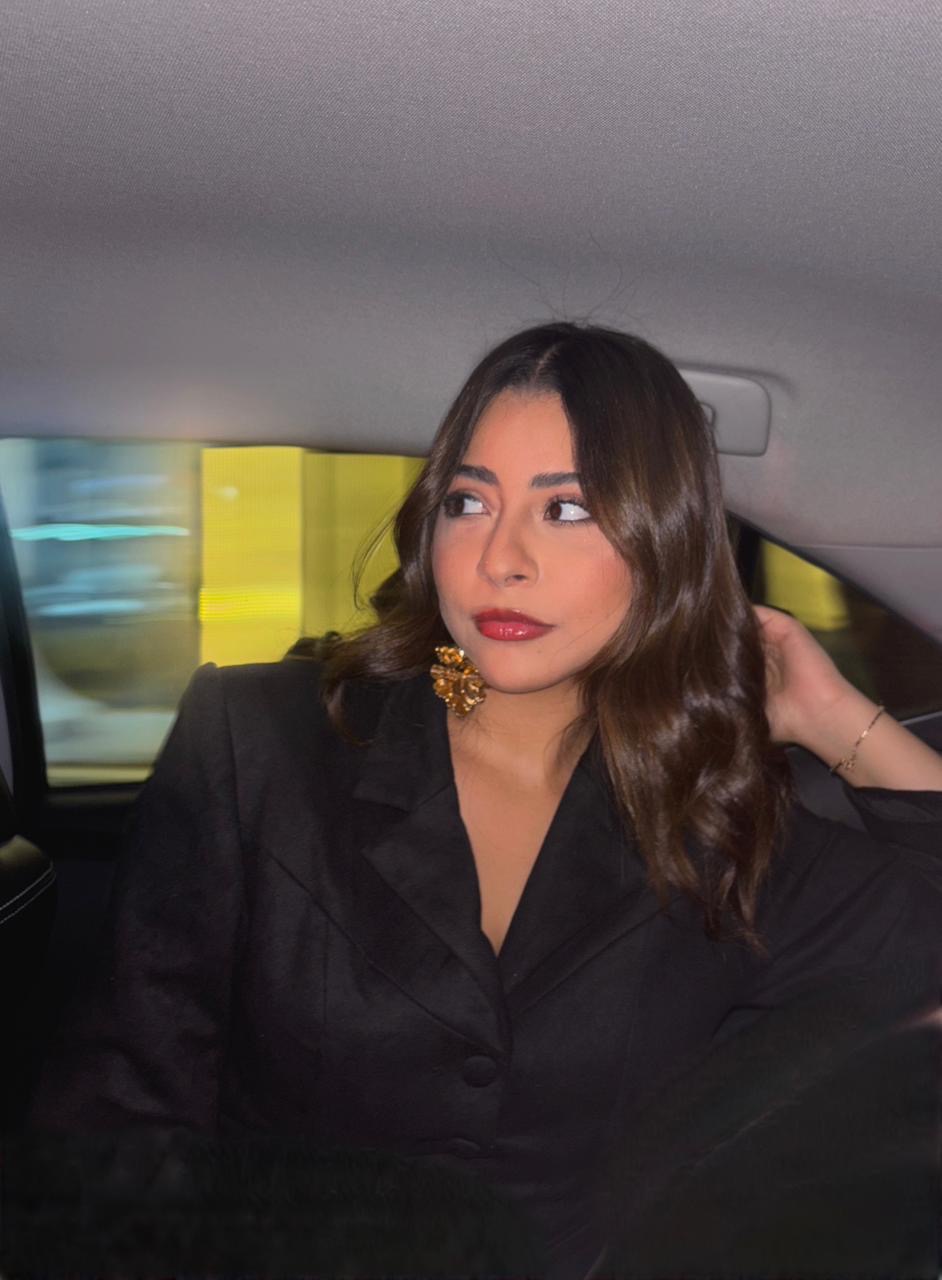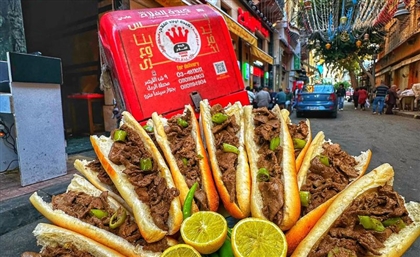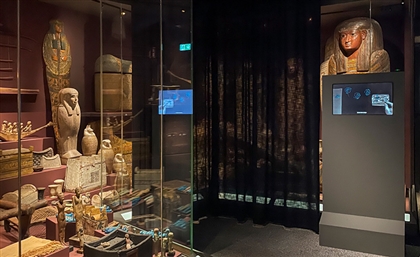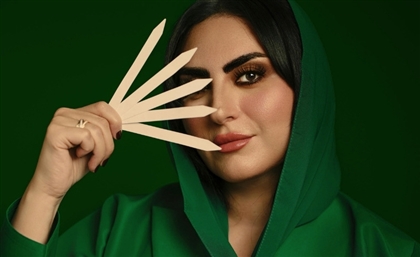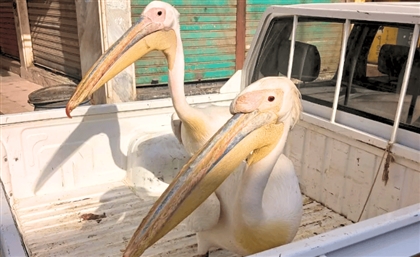Heirloom Turns Loofah Into Egypt’s Most Unlikely Honey
When life gives you loofahs, make honey. Heirloom’s latest creation turns the humble bath sponge into Egypt’s rarest nectar.
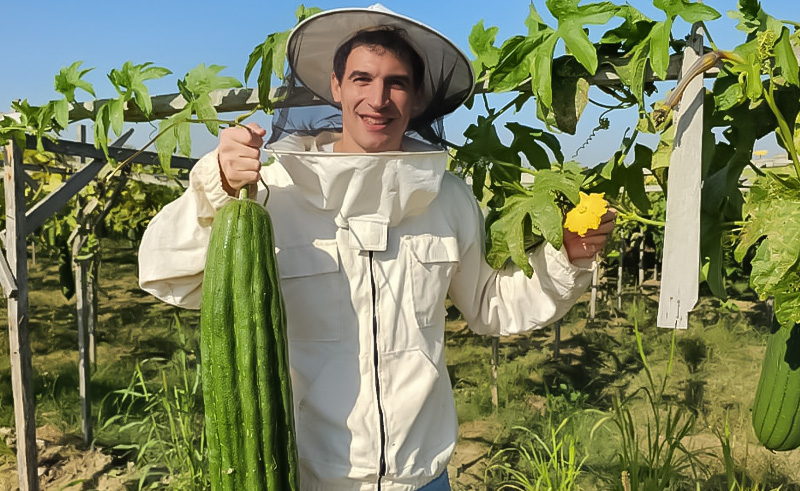
Heirloom’s giving us something to buzz about; Loofah Honey, Egypt’s sweetest twist on a sponge bath gone gourmet.
Ahmad El Nakkady, founder of Heirloom, has an obsession with bees: how they think, how they choose and the order inside their chaos. That obsession once led him to a loofah field on the edge of the Delta. The plant was meant to dry into bath sponges, not feed bees. Its flowers were bright yellow, almost bashful, the kind that wilt by noon. Still, he wanted to see what would happen if he left a colony nearby.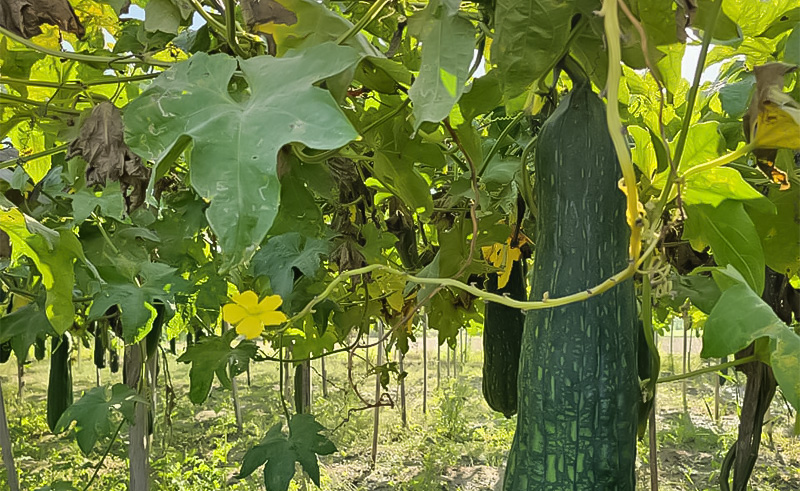 Weeks later, the combs shimmered with a thin, straw-gold liquid that smelled faintly of cucumber (vegetal aroma) and sun-baked soil. It wasn’t supposed to exist, yet here it was: Loofah Honey, Egypt’s newest, and strangest, nectar, had announced itself.
Weeks later, the combs shimmered with a thin, straw-gold liquid that smelled faintly of cucumber (vegetal aroma) and sun-baked soil. It wasn’t supposed to exist, yet here it was: Loofah Honey, Egypt’s newest, and strangest, nectar, had announced itself.
El Nakkady isn’t a farmer who stumbled into novelty; he’s just a curious man. He graduated from the American University in Cairo in 2016 with a degree in Petroleum and Energy Engineering, but a chance encounter with a beekeeper during his military service shifted his path entirely. He spent that year studying bees obsessively, then travelled to Germany and Denmark to volunteer with beekeepers, later completing formal training at Markaz El Behouth in Cairo. That was the beginning of Heirloom Honey, his boutique operation built on the premise that bees, if left alone, might have better taste than we do.
Most Egyptian honey comes from predictable fields; clover, citrus, whatever buyers demand. El Nakkady went rogue; parked hives in odd corners: ivy walls, wild basil, and eventually the loofah farms. “Sometimes the bees come back empty,” he says. “Sometimes they surprise you.”
Loofah was one of those surprises.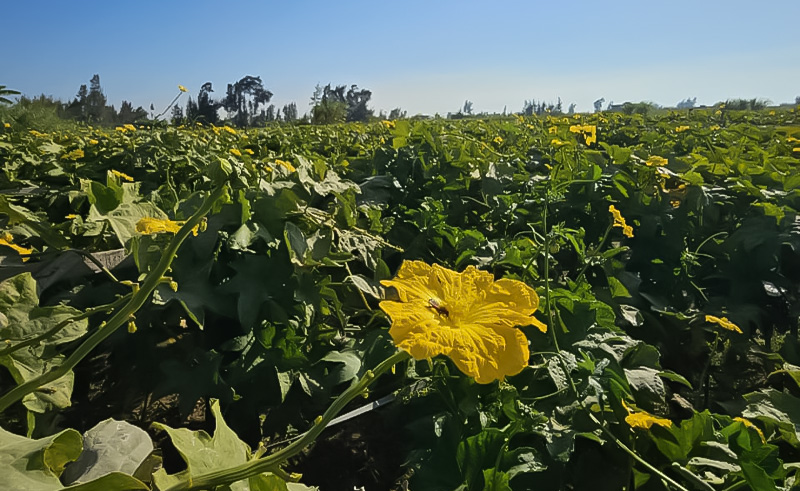 The resulting honey runs thinner than the heavy, amber jars stacked in local markets. It moves like melted glass and catches the light differently.
The resulting honey runs thinner than the heavy, amber jars stacked in local markets. It moves like melted glass and catches the light differently.
During orange-blossom season, every beekeeper in Egypt rushes to the same groves; nectar runs out, tempers rise. “With loofah,” El Nakkady says, “there’s no noise and no crowding.” He calls these 'rare harvests'.
Loofah is a (technically) monofloral source, but it's so underused it's basically not on Egypt's commercial honey radar. Clover and citrus blossom dominate the shelves - predictable, plentiful, easy for beekeepers to access - but loofah has never been intentionally harvested for nectar until Heirloom took the plunge.
Nonetheless, it's a strong reminder that Egypt's flora can yield a great deal more than the two or three "safe" monofloral creations that the market continues to repeat. And while this loofah honey has that obvious opportunity for a market release, Egypt's polyfloral honeys, that use combinations of clover, citrus, thistle, marjoram, desert herbs, and whatever the season brings, should have their place too. All together, these honeys are evidence that Egypt's extractive honeys are not simply from a single flower, but rather from an entire ecology that Egypt has barely begun to explore.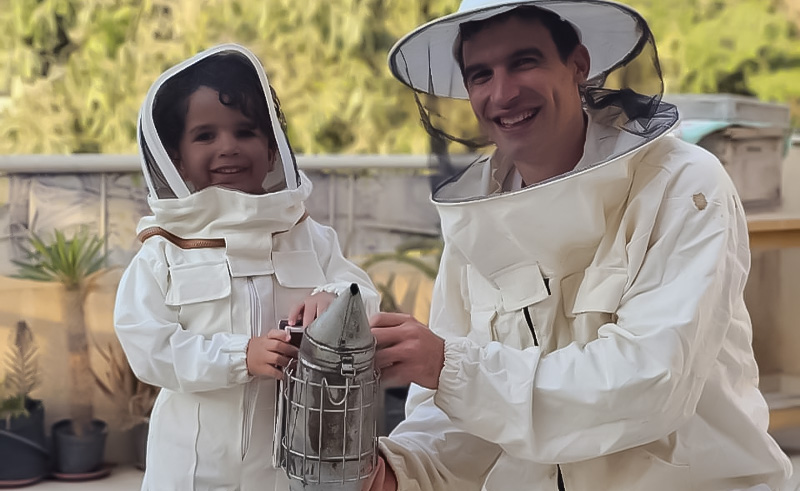 Heirloom has recently grown into more than a honey label. Schoolchildren visit the farm to meet ZeeZee, the bee heroine of the brand’s storybook 'Zain and ZeeZee the Bee'. Workshops teach visitors how to understand a hive. When urban colonies appear in unwanted places, Ahmad’s team removes them while keeping them alive.
Heirloom has recently grown into more than a honey label. Schoolchildren visit the farm to meet ZeeZee, the bee heroine of the brand’s storybook 'Zain and ZeeZee the Bee'. Workshops teach visitors how to understand a hive. When urban colonies appear in unwanted places, Ahmad’s team removes them while keeping them alive.
Egypt’s relationship with bees is ancient enough to feel genetic. Tombs at Saqqara depict rows of clay hives, the hieroglyph for “king of Lower Egypt” literally shaped like a bee. Specifically, the title “nṯswt-bjtj” (often translated as “He of the Sedge and the Bee”) references both the sedge plant (symbolising Upper Egypt) and the bee (symbolising Lower Egypt).
Somewhere between then and now, industrial sugar diluted that legacy. El Nakkady’s experiment; sweet, vegetal, improbable, is an invitation to starting over.
- Previous Article Egypt’s New Unified Public Transport Card Explained
- Next Article UNESCO Cairo Opens Call for Sudanese Artists for December Exhibition







